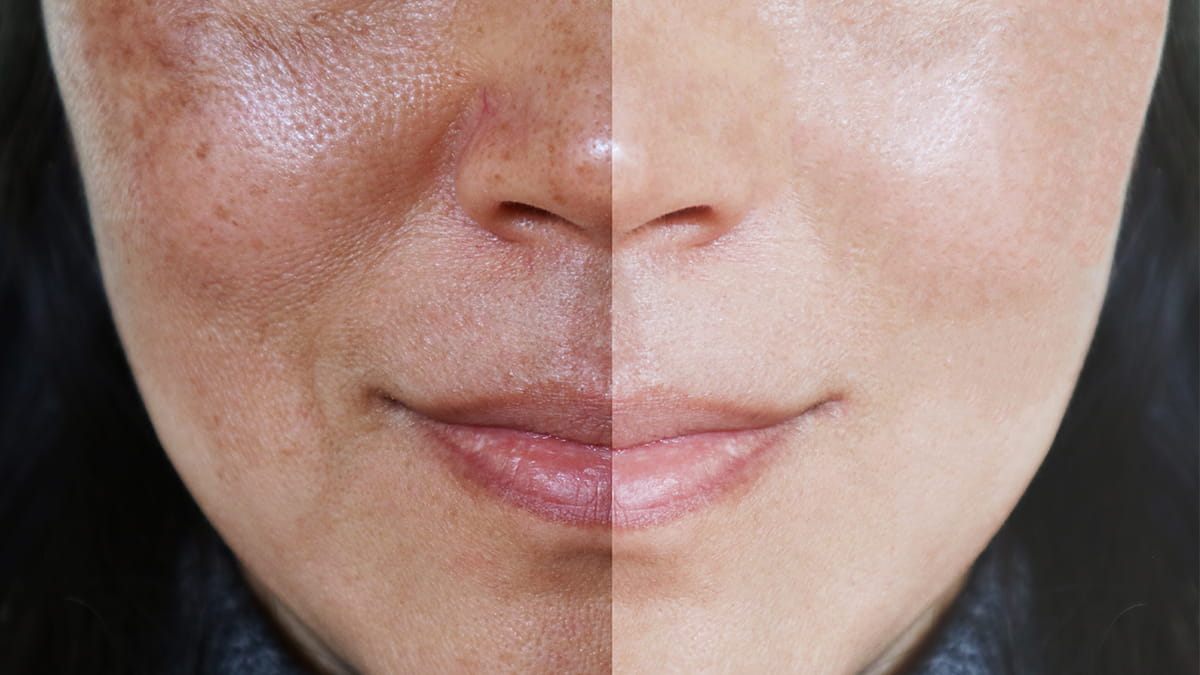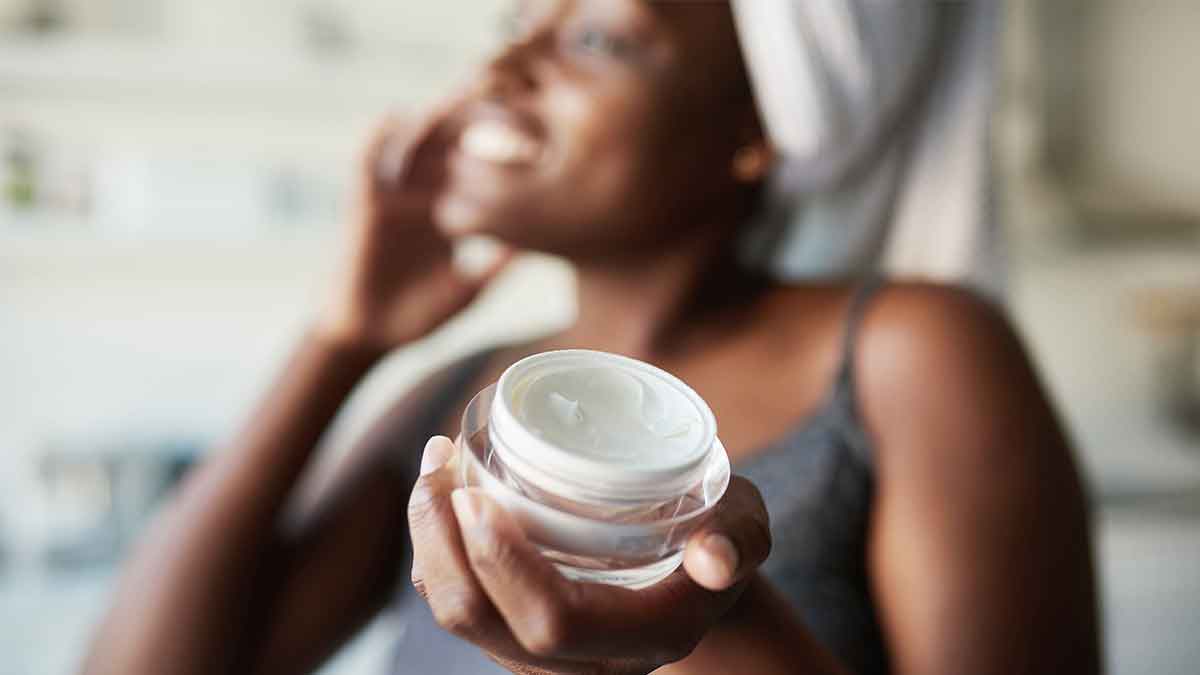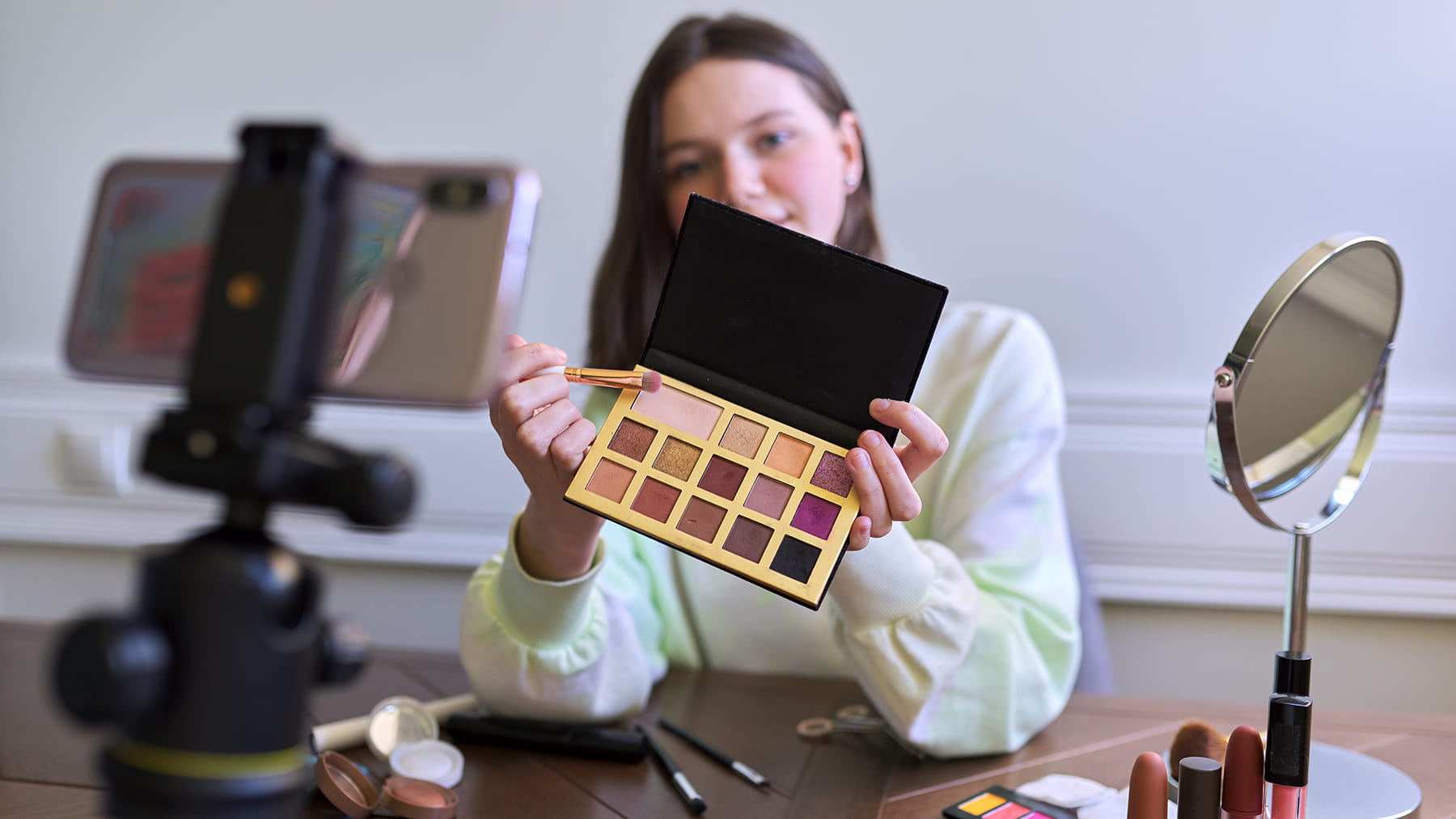Skincare ingredients to use and to avoid

Walk down the skin care aisle of any drugstore and you could soon feel overwhelmed by the vast number of skin care products available. In addition to the numerous brands and prices, there’s a wide selection of products for oily, dry or sensitive skin. So, how to do you choose what to buy?
It may seem simple but selecting the right products depends on your skin type. When it comes to taking care of your skin, there’s no one-size-fits-all approach. No one has perfect skin and for most of us, using any old soap or cleanser plus moisturizer isn’t enough.
As a dermatologist, I see patients with a range of skin types and problems. If you have a specific skin concern, it might take some trial and error to determine what works best for you. Generally, you want the ingredients in any skin care product to be free of dyes, parabens, fragrance, lanolin and formaldehyde to avoid an allergic reaction.
Here are my recommendations:
Oily or acne-prone skin
If your skin is oily or you’re acne prone, a cleanser in the form of a gel is usually what I suggest. You’ll also want to stay away from oil-based products. As for acne, a dermatologist can examine your skin and determine the types of products that will be best to treat your acne. Typically, dermatologists will recommend a product containing benzoyl peroxide which works by reducing the amount of acne-causing bacteria and by causing the skin to dry. For more serious cases, a prescription treatment might be needed.
Dry or sensitive skin
Look for a gentle cleanser that’s free of acid or fragrance, as well as propylene alcohols, which can dry out and irritate your skin. Usually, the fewer ingredients in a product, the better off you’ll be. As for moisturizing, a cream or ointment is thicker and more effective than a lotion at hydrating your skin. Dermatologists like to recommend brands that are simple and reliable and that don’t contain a lot of additives that can irritate your skin.
You also always want to use a sunscreen with a SPF of 30 or greater. Many cosmetics have a SPF of 15 but, if you’re out in the sun a lot, you should opt for an additional sunscreen for your face or body.
What to avoid:
Expired products
Skin care products have a shelf life and, if it’s past the expiration date, the product is likely to be less effective.
Parabens
Parabens are preservatives found in many pharmaceutical products and cosmetics. The reason parabens get a bad rap is that they have the ability to accumulate in the body, which can lead to many adverse effects, one of which is a decrease in the production of collagen, which is a major protein in the skin. If possible, try to avoid this preservative, but it can be very challenging because parabens are found in so many products.
If you have a specific skin concern, make an appointment with a dermatologist who can examine your skin and recommend the best products for your skin type.
Dr. Desmond Shipp is a dermatologist at The Ohio State University Wexner Medical Center.




